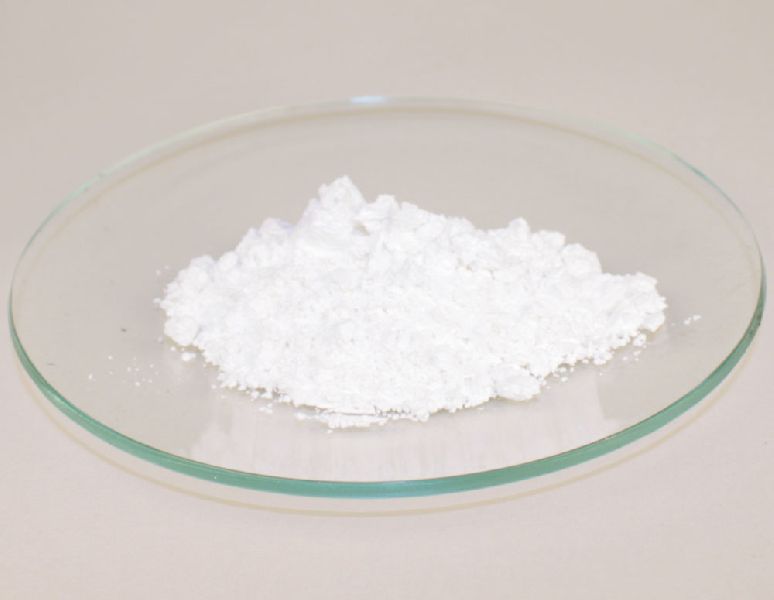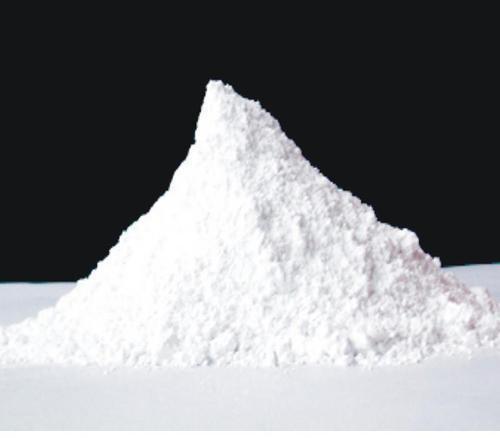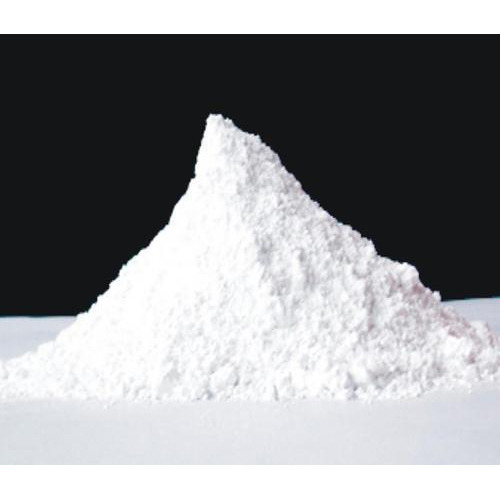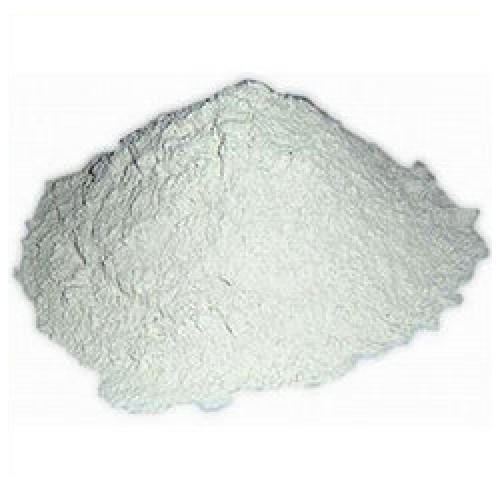- View Mobile Number
ag.nitin77@gmail.com
Industrial Minerals and Powder
Leading Manufacturers, Exporters, Wholesaler and Retailer of Calcium Carbonate Powder and Precipitated Calcium Carbonate Powder from Dehradun.
| Business Type | Manufacturer, Exporter, Supplier, Retailer |
| CAS No. | 598-62-9 |
| Melting point | 350 °C |
| Feature | Precise composition and effectiveness. |
| Form | Powder |
| Use | Industrial |
| Purity | 99% |
We are recognized as one of the prominent Suppliers of Calcium Carbonate Powder. We have carved a niche for ourselves in Wholesale Calcium Carbonate Powder business. PCC stands for Precipitated Calcium Carbonate-also known as purified, refined or Synthetic Calcium Carbonate. It has the same chemical formula as other types of calcium carbonate, such as limestone, marble and chalk: CaCO3. The calcium, carbon and oxygen atoms can arrange themselves in three different ways, to form three different calcium carbonate minerals. The most common arrangement for both precipitated and ground calcium carbonates is the hexagonal form known as calcite. A number of different calcite crystal forms are possible: scalenohedral, rhombohedral and prismatic. Less common is aragonite, which has a discrete or clustered needle orthorhombic crystal structure. Rare and generally unstable is the vaterite calcium carbonate mineral.
| Business Type | Manufacturer, Exporter, Supplier, Retailer |
| Application | Construction Industry, Chemical Industry, Rubber Industry, Plastic Industry, Paper Industry,Industrial, IP and Food Grade |
| Color | Bright White |
| Purity | 99 % |
| Formula | CaCO3 |
| Precipitation State | Precipitated |
| Purity % | 99.5 |
| Grade Standard | Technical Grade, Bio-Tech Grade |
| Physical State | Powder |
| Industry | IP and Food Grade |
| Packaging Size | 1 kg |
| Packaging Type | HDPE Bag |
| Brand Name | Calspar |
We are recognized as one of the prominent Suppliers of Precipitated Calcium Carbonate Powder. We have carved a niche for ourselves in Wholesale Calcium Carbonate Powder business. PCC stands for Precipitated Calcium Carbonate-also known as purified, refined or Synthetic Calcium Carbonate. It has the same chemical formula as other types of calcium carbonate, such as limestone, marble and chalk: CaCO3. The calcium, carbon and oxygen atoms can arrange themselves in three different ways, to form three different calcium carbonate minerals. The most common arrangement for both precipitated and ground calcium carbonates is the hexagonal form known as calcite. A number of different calcite crystal forms are possible: scalenohedral, rhombohedral and prismatic. Less common is aragonite, which has a discrete or clustered needle orthorhombic crystal structure. Rare and generally unstable is the vaterite calcium carbonate mineral.
Applications Of Calcium Carbonate Powder : Different Uses Of Precipitated Calcium Carbonate
Industrial Uses :
- As a building material in its own right (like marble) or limestone aggregate for the purpose road-building.
- As the starting material for preparing lime used by builders, after it is burnt in a kiln.
- For the purpose of purifying iron, in a blast furnace, from iron ore.
- As a formation bridging and filter-cake sealing agent in drilling fluids.
- As a weighting material to increase the density of drilling fluids, to control downhole pressures.
- As one of the main raw materials used in growing Seacrete or Biorock.
- As filler material for latex gloves, as precipitated Calcium carbonate (pre-dispersed in slurry form).
- As an extender in paints, especially in matte emulsion paints.
- As a filler in plastics (example - 15 to 20% loading of chalk in uPVC drain pipe) as well as thermosetting resins.
- As an ingredient in some types of compression molded "clay" Poker chips.
- As an ingredient in the micro-porous film used in babies' diapers and some building films.
- In a wide range of trade and DIY adhesives, sealants, and decorating fillers.
- In setting stained glass windows, along with putty.
- As a resist to prevent glass from sticking to kiln shelves when firing glazes and paints at high temperature.
- As a common ingredient for many glazes, in ceramics/glazing applications.
- In the production of glossy paper, replacing kaolin.
- As a pH corrector in swimming pools, for maintaining alkalinity "buffer" to offset the acidic properties of the disinfectant agent.
- As a major component of blackboard chalk.
- As an abrasive, as scouring powder as well as as an ingredient of household scouring creams.
- For making mortar, which is used in bonding bricks, concrete blocks, stones and tiles, etc.
- To collect any impurities present in the steel materials.
- Health & Dietary Uses
- In the treatment of hyperphosphatemia (primarily in patients with chronic renal failure), as a phosphate binder.
- As an inert filler for tablets and other pharmaceuticals.
- As an inexpensive dietary calcium supplement or antacid.
- In the production of toothpaste.
- As one of the constitutional remedies in homeopathy.
- As a source of dietary calcium, in some soy milk products.
- As a very effective treatment for problems with stomach acid.
- To treat certain ailments related to calcium deficiency, like osteoporosis.
- In grocery products, such as baking powder, dry-mix dessert mixes, dough, plastic, and wine.
Environmental Uses :
- To neutralize acidic conditions in water.
- As primary component of garden lime, also known as agricultural lime.
- In de-sulphurisation of flue gas and waste water treatments




